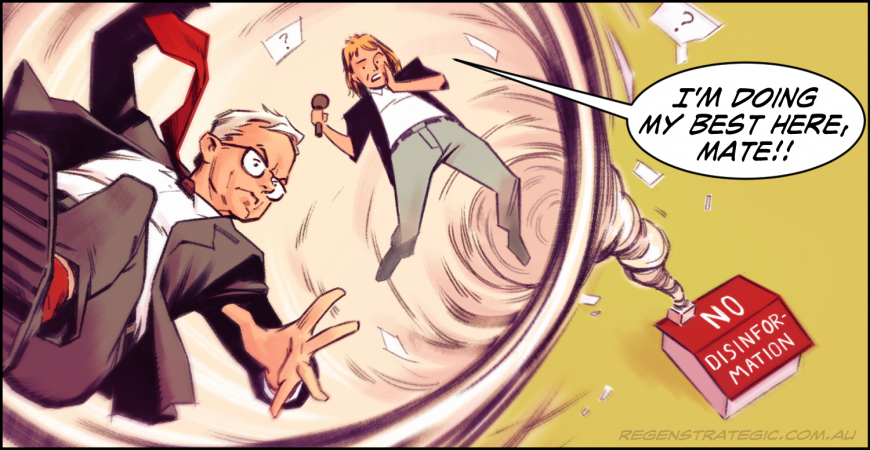Misinformation and disinformation are a toxic feature of modern politics.
And the Voice referendum is another unfortunate example of this.
Prime Minister Anthony Albanese must take some responsibility for the misinformation out there.
While committing to the Voice in his election night victory speech sent tingles down my spine, firing the campaign starting gun before the referendum question or Voice design principles had been agreed created a vacuum a thousand theories sought to fill.
But, No campaigners have to own much of the disinformation. Like the one about the Voice being unworkable, because hundreds of language groups won’t be able to agree on anything.
Close the embassies! Disband the United Nations! What’s the point? People of different languages will never agree.
Except, of course, when nearly all the 250 Aboriginal leaders representing each First Nations language group backed the Voice by signing the Uluru Statement from the Heart in 2017.
The Liberal and National parties don’t like talking about this. Having set up the Uluru process in government and given First Nations people a voice in the discussion, they now ignore the almost unanimous call for a permanent Voice the Uluru process produced.
As we’ve seen with Brexit and Trump, misinformation and disinformation divide countries and deliver outcomes that hurt, more than help, ordinary people.
Thank heavens John Farnham has returned to try and bring us together.
This article also appeared in The West Australian newspaper.
 ReGen Strategic
ReGen Strategic